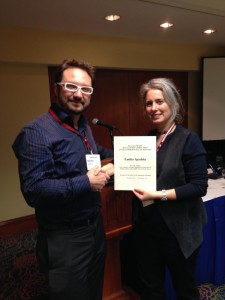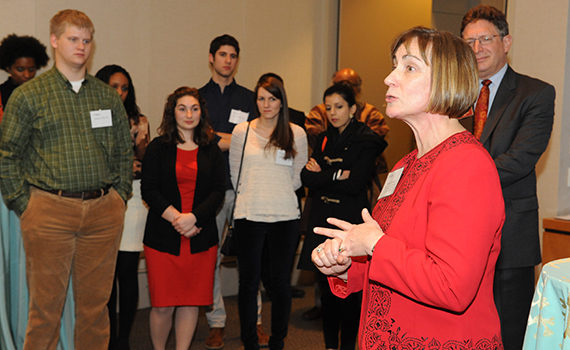The runner-up in the 2014 Clifford Geertz Award competition is Emilio Spadola’s The Calls of Islam: Sufis, Islamists, and Mass Mediation in Urban Morocco (Public Cultures of the Middle East and North Africa) (2014). The Calls of Islam is a highly original and accessible book on the multiple, concurrent calls of/to Islam in Morocco and in particular on how Sufism has been appropriated by the Moroccan state. Spadola shows how mass mediation has affected structures of piety, authority, and power.
The book is rich in ethnographic and historical detail. The focus on mediation offers fresh theoretical contributions to the anthropology of Islam by arguing against the singular pious body and instead for the “breached” collective body as an effect of the force of communication. The Calls of Islam beautifully fleshes out an interpretation of the call to worship as a communicative mode that generates difference as much as coherence.
The Calls of Islam gives a new and innovative perspective on Islam and manages to introduce the field of media theory to these issues in an accessible and insightful fashion. The book also provides a very sensitive and theoretically sophisticated approach to the controversy involving Sufism. The competition included 45 books from 2012 through mid-2014, and two prizes were awarded, Spadola’s being the Runner-Up.
Pictured: Emilio Spadola receiving the award on Dec. 6 during the annual meeting of the American Anthropology Association in Washington, DC. Spadola is with Lauren Leve, a committee member and Associate Prof. of Religious Studies at UNC Chapel Hill.




